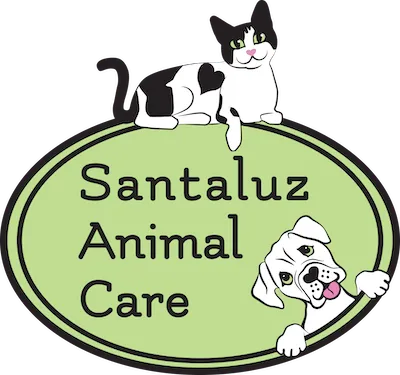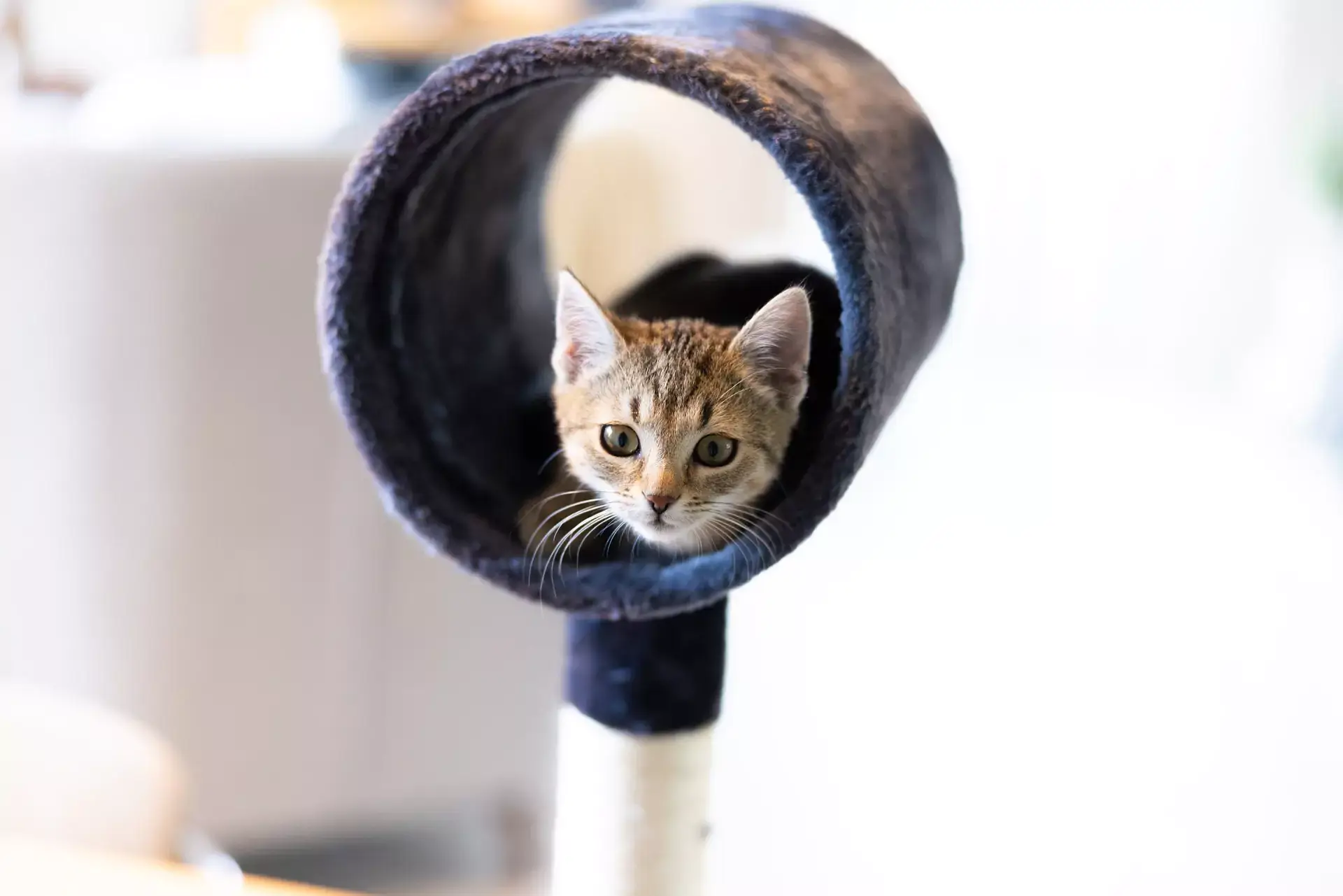Today, November 1st, is Cook For Your Pets Day! There are some benefits to making Fido and Fluffy’s food yourself. That said, there are some things to keep in mind. A local Rancho Santa Fe, CA vet offers some tips on this below.
Talk To Your Vet
Your pet’s diet affects every aspect of their physical health, in one way or another. It’s absolutely crucial to ensure that your furry friend is getting not only the right type of nutrition, but also in the proper amounts. For instance, taurine is crucial to cats. Tuna is a great source of it. However, Fluffy would get sick eating only tuna: she needs other nutrients as well. Consult your vet before trying that recipe you saw on social media. For specialized assistance in balancing your pet’s diet, consider our ‘Vet Nutrition & Weight Management’ services to help ensure they’re getting the right nutrients in the right amounts.
Choose High-Quality Ingredients
One of the benefits of cooking for your furry buddy is the fact that you can customize their diet plan, according to their tastes and any medical conditions they may have. You don’t necessarily have to buy the most expensive meat cuts for Fido and Fluffy, but you don’t want to offer them bottom-of-the-barrel options, either. Going organic can help reduce the amount of chemicals and toxins your pet ingests.
Look At Options
You may find it easier to buy and cook in bulk, and then preserve the food by canning, freezing, or even freeze-drying. Look around for local butchers and farmers markets. (Tip: some supermarkets may offer meat scraps at a discount. This isn’t guaranteed, but it never hurts to ask.) While you’re considering the best for your pet’s diet, remember their living conditions matter too. Consider learning more about maintaining and improving your dog’s outdoor home with ‘Doghouse Repair Month‘ insights.
Avoid Unsafe Foods
Take care to only include foods you know are safe. Most boneless meat, fish, or poultry is fine, as are many veggies and fruits. Some unsafe foods include garlic and onions; grapes, currants, and raisins; meat on the bone; chocolate; and avocado. Always research an ingredient before adding it. If in doubt, leave it out! Ask your vet for more information.
Be Careful Of Hype
There are plenty of pet food recipes posted online. However, that doesn’t mean they are all safe. Several include garlic and onions, which are actually toxic to dogs. Another dangerous trend? Vegan and vegetarian pet food for Fido and Fluffy. This may be fine for an iguana, but dogs and cats need meat to stay healthy. Only use recipes that come from trustworthy sites, preferably ones your vet approves of.
Our Advice on Cook For Your Pets Day in 2024
Are there any specific health conditions or breeds that may benefit more from homemade pet food?
Certain health conditions in pets, such as allergies, gastrointestinal sensitivities, and chronic diseases like diabetes, can benefit from homemade pet food due to the ability to tailor ingredients to specific needs. Breeds prone to these issues, or those with specific dietary requirements, may also find homemade diets advantageous. For instance, breeds with sensitive stomachs or skin allergies can have diets customized to exclude common irritants. Always develop such diets under veterinary supervision to ensure they meet all nutritional requirements and are safe for the specific health condition or breed.
What are the potential risks and drawbacks of feeding pets a homemade diet?
Feeding pets a homemade diet can pose several risks and drawbacks if not properly balanced. Nutritional deficiencies are common, particularly in essential vitamins and minerals, which can lead to serious health issues. There is also a risk of including toxic ingredients, such as onions or garlic, unknowingly. Additionally, homemade diets can be inconsistent, leading to variable nutrient intake. Without professional guidance to formulate these diets, pets may develop health problems related to improper nutrition. It’s crucial to consult a veterinarian to ensure the diet meets the animal’s dietary needs.
Are there any specific supplements that should be added to homemade pet food to ensure optimal nutrition?
When preparing homemade pet food, it’s crucial to add specific supplements to ensure a balanced diet. Commonly required supplements include calcium, essential for bone health, and a balanced multivitamin to cover potential gaps in vitamins A, D, E, and B-complex. Fatty acids like omega-3 and omega-6 are important for skin and coat health. Taurine is essential for cats, as deficiencies can lead to serious health issues. Always consult with a veterinarian or a qualified pet nutritionist to tailor supplements to your pet’s specific dietary needs and health conditions.
How can pet owners gradually transition their pets from commercial to homemade food to minimize digestive upset?
To transition pets from commercial to homemade food while minimizing digestive upset, start by mixing a small amount of the homemade food with their current commercial diet. Gradually increase the proportion of homemade food over a period of 7-10 days. This slow transition allows the pet’s digestive system to adjust to the new diet. Monitor the pet for signs of digestive distress, such as diarrhea or vomiting, and adjust the transition pace accordingly. Ensuring the homemade food is well-balanced and consulting with a veterinarian can also help prevent issues.
How often should pet owners consult with their veterinarian when feeding a homemade diet to ensure their pet’s ongoing health and well-being?
Pet owners should consult with their veterinarian initially to develop a balanced homemade diet plan and continue with regular check-ups at least every six months. During these visits, the veterinarian can monitor the pet’s health and nutritional status, making adjustments to the diet as needed based on the pet’s health, age, and activity level. Additionally, any sudden changes in the pet’s weight, appetite, or behavior should prompt a consultation to address potential dietary deficiencies or excesses. Regular veterinary input is essential to maintain optimal health on a homemade diet.
Do you have questions about your pet’s health or care? Contact us, your local Rancho Santa Fe, CA animal clinic, anytime!





